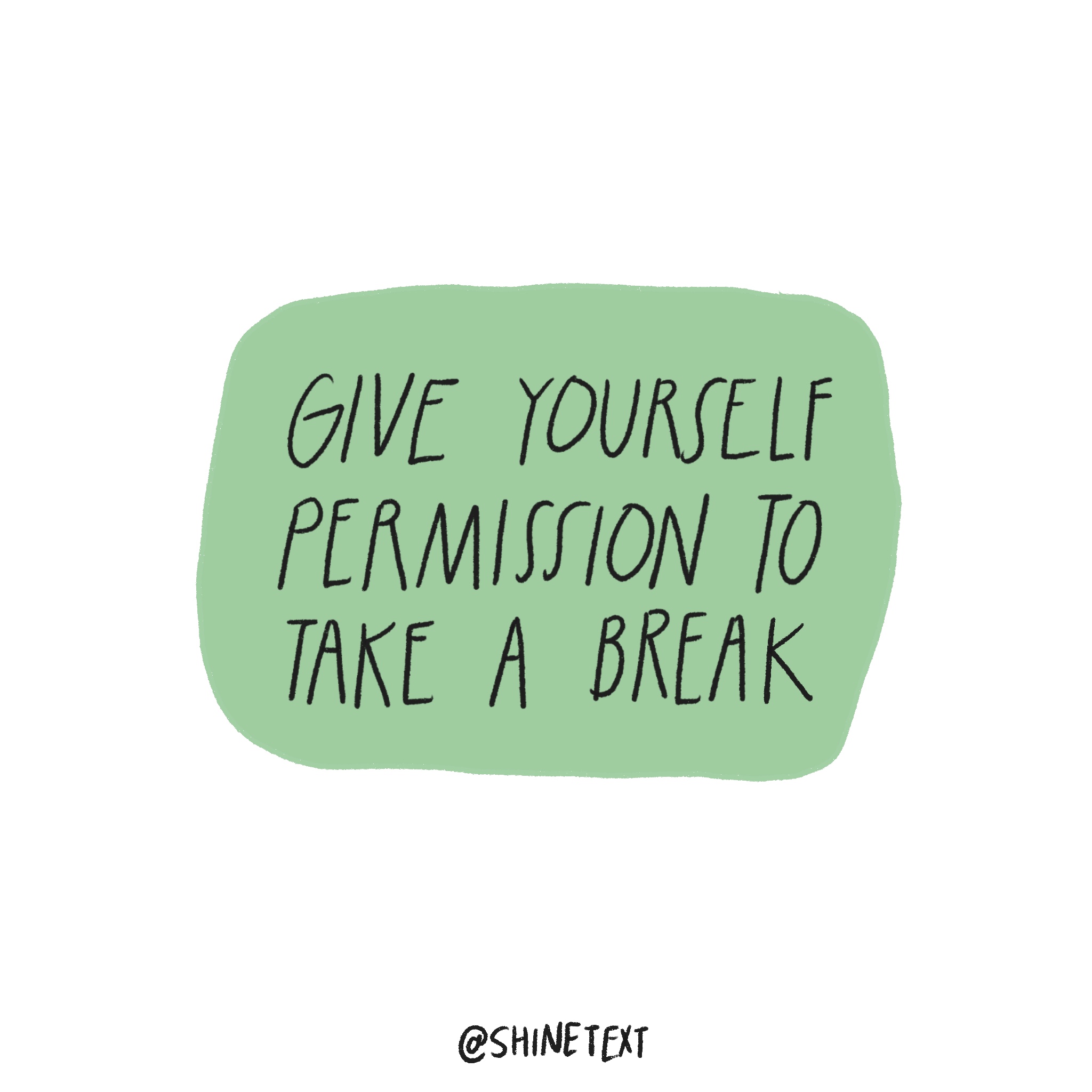Your Next Big Idea Is One 'Idle' Break Away
We often think our best work can only come from heavy mental lifting—endless hours spent in front of a computer, drawing board, or in brainstorm meetings powered by incredibly strong coffee.
But research suggests that the key to creativity and innovation has little to do with intense thinking time. In researching my book The Happiness Track, I found that the biggest breakthrough ideas often come from relaxation.
History shows that many changemakers have come up with novel ideas while letting their minds wander.
In 1881, for example, famed inventor Nikola Tesla had fallen seriously ill on a trip to Budapest. There, a college friend took him on walks to help him recover. As they were watching the sunset on one of these walks, Tesla suddenly had an insight about rotating magnetic fields—which would in turn lead to the development of modern day’s alternating current electrical mechanism.
Similarly, Albert Einstein famously turned to music—Mozart in particular—when he was grappling with complex problems and needed inspiration.
And author J.K. Rowling? The idea for Harry Potter first popped into her head when she was waiting for a delayed train. She didn't even have a pen to take notes. "I simply sat and thought, for four (delayed train) hours, while all the details bubbled up in my brain, and this scrawny, black-haired, bespectacled boy who didn't know he was a wizard became more and more real to me," she wrote on her blog.
Simply put, creativity happens when your mind is unfocused, daydreaming, or idle. This is why we have so many “aha” moments in the shower.
Creativity happens when your mind is unfocused, daydreaming, or idle.
Research by University of California, Santa Barbara psychology professor Jonathan Schooler and his colleagues, for example, finds that people are more creative after they have been daydreaming or letting their minds wander.
And in an article in the Annual Review of Psychology, Schooler and psychology professor Jonathan Smallwood found that when people learn a challenging task, they do better if they work first on an easy task that promotes mind-wandering, and then go back to the more difficult one.
The idea is to balance linear thinking—which requires intense focus—with creative thinking, which is borne out of idleness. Switching between the two modes seems to be the optimal way to do good, inventive work.
Modern Life Isn't Designed for Creativity
The problem is that many of us can go entire days without putting our brains on idle.
At work, we’re intensely analyzing problems, organizing data, writing—all activities that require focus. During downtime, we watch Netflix while checking our phones while cooking dinner.
We need to find ways to give our brains a break. If our minds are constantly processing information, we never get a chance to let our thoughts roam and our imagination drift. Luckily, there are several research-backed changes you can make to boost your creativity.
If our minds are constantly processing information, we never get a chance to let our thoughts roam and our imagination drift.
Here, four ways to get started:
1. Walk It Out
Emulate creative geniuses like Charles Dickens and J.R.R. Tolkien and make a walk—without your phone—a part of your daily routine.
A 2014 study, published in the Journal of Experimental Psychology, found that people who went on daily walks scored higher on a test that measures creative thinking than people who did not, and that people who went on outdoor walks came up with more novel, imaginative analogies than people who walked on treadmills.
2. Get Out of Your Comfort Zone
Instead of intensely focusing exclusively on your field, take up a new skill or class.
Travel to new places and socialize with people outside your industry. Research shows that diversifying your experiences will broaden your thinking and help you come up with innovative solutions.
3. Play On
Stuart Brown points out in his book Play that humans are the only mammals who no longer play in adulthood. That’s a shame, because research by psychologist Barbara Fredrickson, author of Positivity, shows that play, by boosting positive mood, makes us feel both happier and more inventive.
Humans are the only mammals who no longer play in adulthood.
Spend some time playing fetch with your dog, join the kids for a game of Twister, or join an improv group or soccer club. Even just watching a sporting event—like the World Cup—can boost your wellbeing.
4. Switch Gears Often
Try to alternate between focused work and activities that are less intellectually demanding. Adam Grant, Wharton School management professor and author of Give & Take suggests that organizing your day this way can help give your brain some much-needed downtime—the better to make room for your next big idea.
Another tactic to try: Working by the 52:17 ratio. A recent experiment showed that working for 52 minutes and taking a break for 17 minutes led to higher performance across a group of employees. The 17 minute break was spent doing things like going for a walk or chatting with co-workers, The Atlantic reports.
Remember: Breaks are what power your productivity—not something to turn to only when all the work is done. Give yourself a break, and watch yourself start to work smarter. Or, who knows—you might think up the next Harry Potter.
A version of this article originally appeared on emmaseppala.com
Read next: 7 Ways to Make Your Busy Days a Smidgen More Mindful

Shine is supported by members like you. When you buy through links on our site, we may earn an affiliate commission. See our affiliate disclosure for more info.



